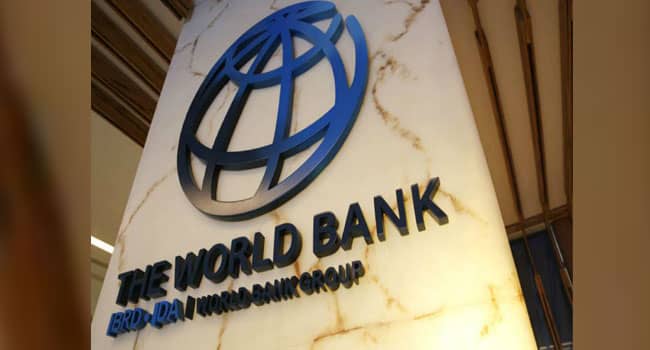The World Bank has sounded the alarm over significant inefficiencies in public spending across developing nations, including Nigeria, warning that these inefficiencies are eroding investments and stifling economic development.
In its latest report titled “How Can Developing Countries Power Up Public Investment?” published on December 16, 2024, the global financier revealed that over a third of public investments in emerging markets and developing economies (EMDEs) are lost to inefficiencies.
This, the report stated, undermines potential economic growth and weakens critical sectors like education, healthcare, and infrastructure.
The World Bank highlighted how inefficiencies manifest in the form of “white elephant” projects — expensive ventures with limited economic returns.
These projects not only drain public coffers but also exacerbate sovereign debt and undermine debt sustainability.
For Nigeria, the implications are dire. As Africa’s largest economy grapples with fiscal challenges, the inefficiencies expose regulatory bottlenecks, corruption, and weak institutional frameworks, making it difficult to deliver high-quality public projects.
The report described inefficiencies as situations where “one dollar of public investment does not result in an equivalent increase in productive public capital,” a condition prevalent in many low- and middle-income countries.
The World Bank urged Nigeria and other developing nations to adopt measures that could improve the efficiency of public spending. Among the recommended actions were:
The bank also suggested reallocating funds from inefficient subsidies, increasing domestic revenue mobilization, and implementing sound debt management frameworks to boost government spending efficiency.
The report emphasized the role of technology in bridging gaps in public investment efficiency. For example, governments can regulate rather than directly provide services, as seen in sectors like telecommunications.
Public-private partnerships (PPPs) were also highlighted as critical tools for leveraging private sector resources, though the bank acknowledged the complexities in their implementation.
Additionally, frameworks like the World Bank’s Public Investment Management Assessment can assist countries like Nigeria in identifying weaknesses and implementing targeted reforms.
Beyond local reforms, the World Bank called for increased global support to finance large-scale infrastructure projects, particularly those addressing climate change. For Nigeria, such support could play a transformative role in addressing its infrastructure deficit while mitigating climate risks.
“The international community must step up, particularly on climate-related infrastructure projects, to ensure that developing nations have the resources to make lasting progress,” the report stated.
Do you want to share a story with us? Do you want to advertise with us? Do you need publicity for a product, service, or event? Contact us on WhatsApp +2348183319097 Email: platformtimes@gmail.com
We are committed to impactful investigative journalism for human interest and social justice. Your donation will help us tell more stories. Kindly donate any amount HERE


